A Comprehensive Guide to Trout Fishing in Tennessee: Navigating the Waters of Angling Paradise
Related Articles: A Comprehensive Guide to Trout Fishing in Tennessee: Navigating the Waters of Angling Paradise
Introduction
With great pleasure, we will explore the intriguing topic related to A Comprehensive Guide to Trout Fishing in Tennessee: Navigating the Waters of Angling Paradise. Let’s weave interesting information and offer fresh perspectives to the readers.
Table of Content
A Comprehensive Guide to Trout Fishing in Tennessee: Navigating the Waters of Angling Paradise
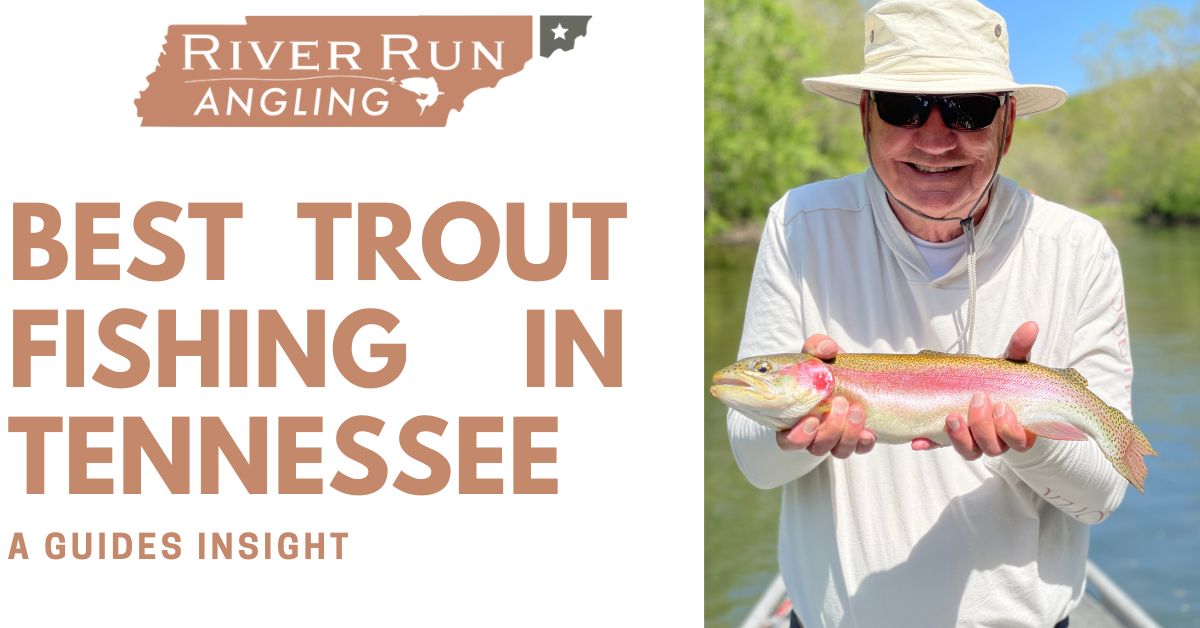
Tennessee, a state renowned for its natural beauty and diverse ecosystems, is a haven for anglers seeking the thrill of trout fishing. From the high-altitude streams of the Great Smoky Mountains to the pristine rivers of the Appalachian Plateau, Tennessee offers a wealth of opportunities to cast a line and reel in a prized catch. This comprehensive guide delves into the intricacies of trout fishing in Tennessee, providing a roadmap for anglers of all skill levels to explore this vibrant angling landscape.
Understanding Tennessee’s Trout Fishing Landscape
Tennessee’s trout fishing scene is characterized by its diverse waters, ranging from fast-flowing mountain streams to larger rivers with calmer currents. The state’s unique geography and varied elevations create a tapestry of habitats ideal for trout, with different species thriving in specific environments.
Trout Species in Tennessee:
- Rainbow Trout: These vibrant fish are a popular target, known for their aggressive feeding habits and impressive size. They are commonly found in streams and rivers with cool, oxygenated waters.
- Brown Trout: Renowned for their cunning nature and impressive size, brown trout prefer deeper, cooler waters with abundant cover. They are often found in larger rivers and lakes.
- Brook Trout: This native species is a true gem of Tennessee’s waters. Brook trout are typically smaller than rainbow or brown trout but are highly prized for their beautiful markings and spirited fight.
Key Regions for Trout Fishing in Tennessee
Tennessee’s trout fishing opportunities are spread across several distinct regions, each offering unique experiences and challenges:
- The Great Smoky Mountains National Park: This iconic park is home to some of the most pristine trout streams in the Southeast. The park’s high elevation and abundant rainfall create ideal conditions for brook trout, while rainbow trout are also found in higher numbers.
- The Cherokee National Forest: This expansive forest boasts numerous rivers and streams teeming with trout. Anglers can explore the waters of the Little Tennessee River, the Hiwassee River, and numerous tributaries, offering opportunities to catch rainbow, brown, and brook trout.
- The Appalachian Plateau: This region features a variety of rivers and streams, including the Clinch River, the Holston River, and the French Broad River. These waters support healthy populations of rainbow, brown, and brook trout, offering diverse fishing experiences.
- The Cumberland Plateau: While not as renowned for trout fishing as other regions, the Cumberland Plateau still offers opportunities to catch trout in select streams and rivers, including the Obed Wild and Scenic River and the Big South Fork National River and Recreation Area.
Navigating the Waters: A Comprehensive Map of Tennessee Trout Fishing
To truly grasp the vastness of Tennessee’s trout fishing opportunities, it’s crucial to consult a detailed map. These maps, available online and in print, provide invaluable insights into the location of specific rivers, streams, and lakes, as well as regulations, access points, and nearby amenities.
Key Map Features for Trout Anglers:
- Waterbody Boundaries: Clearly defined boundaries of rivers, streams, and lakes, allowing anglers to identify specific fishing spots.
- Access Points: Designated access points, including boat ramps, fishing piers, and trailheads, enabling anglers to reach their chosen fishing locations.
- Regulations: Information on fishing regulations, including catch limits, size restrictions, and required licenses, ensuring compliance with state laws.
- Species Distribution: Indicating the presence of specific trout species in different waters, helping anglers choose their target fish.
- Amenities: Identifying nearby amenities like campgrounds, lodges, and bait shops, providing essential resources for anglers.
Regulations and Licensing:
Before embarking on a trout fishing adventure in Tennessee, it’s imperative to understand and adhere to state regulations. These regulations vary depending on the specific waterbody and season, so it’s crucial to stay informed.
Key Regulations:
- Fishing License: All anglers over 16 years of age must possess a valid Tennessee fishing license.
- Catch Limits: Specific catch limits apply to different trout species and waterbodies, ensuring sustainable fishing practices.
- Size Restrictions: Minimum size limits are often imposed on trout to protect smaller fish and promote healthy populations.
- Bait Restrictions: Certain types of bait may be prohibited in specific waters, requiring anglers to use artificial lures or live bait within regulations.
- Seasonality: Specific seasons and designated fishing areas are often established to protect trout during spawning periods or other critical times.
Essential Gear for Successful Trout Fishing
A well-equipped angler is a successful angler. Choosing the right gear for trout fishing in Tennessee is crucial for maximizing enjoyment and success.
Essential Gear:
- Rod and Reel: A lightweight, sensitive rod and reel combination is ideal for trout fishing, enabling anglers to cast accurately and fight fish effectively.
- Line: A fine-gauge monofilament or fluorocarbon line is preferred for trout fishing, offering minimal visibility and excellent sensitivity.
- Lures and Flies: A diverse selection of lures and flies tailored to the specific trout species and conditions is essential for attracting fish.
- Waders: Waders are essential for wading in rivers and streams, keeping anglers dry and comfortable while navigating the water.
- Net: A landing net is crucial for safely landing trout, minimizing stress and preventing damage to the fish.
- Other Essentials: Additional items like a fishing license, a first-aid kit, sunscreen, and a hat are important for safety and comfort.
Strategies for Successful Trout Fishing in Tennessee
Mastering the art of trout fishing requires understanding the nuances of the fish’s behavior and adapting tactics accordingly. Here are some proven strategies for success:
- Match the Hatch: Observing the insects that trout are feeding on and using lures or flies that mimic these insects is a highly effective approach.
- Reading the Water: Understanding the current flow, water depth, and potential hiding spots of trout is crucial for targeting fish effectively.
- Casting Accuracy: Precise casting is essential for placing lures or flies in the strike zone, maximizing the chances of a successful hookup.
- Hooking and Fighting: Proper hooking techniques and a controlled fighting style are vital for landing trout without causing damage.
- Respecting the Environment: Practicing catch-and-release techniques and minimizing disturbance to the habitat are crucial for preserving Tennessee’s trout populations.
FAQs about Trout Fishing in Tennessee
Q: When is the best time to fish for trout in Tennessee?
A: The best time for trout fishing in Tennessee is generally during the spring and fall, when water temperatures are cool and trout are actively feeding. However, fishing can be good throughout the year, depending on the specific waterbody and weather conditions.
Q: What are the best places to fish for trout in Tennessee?
A: Tennessee offers a vast array of trout fishing destinations. Some of the most popular include the Great Smoky Mountains National Park, the Cherokee National Forest, the Clinch River, and the Holston River.
Q: What are the fishing regulations for trout in Tennessee?
A: Fishing regulations in Tennessee vary depending on the specific waterbody. It’s crucial to consult the Tennessee Wildlife Resources Agency (TWRA) website or local fishing guides for up-to-date regulations.
Q: What are the best baits and lures for trout fishing in Tennessee?
A: A variety of baits and lures can be effective for trout fishing in Tennessee, including worms, crickets, nymphs, and artificial flies. It’s important to choose baits and lures that match the natural food sources available in the specific waterbody.
Q: What are some tips for beginners to trout fishing in Tennessee?
A: Beginners should start with a simple setup, such as a spin rod and reel with a lightweight line. Choose a relatively easy-to-fish waterbody with a good population of trout. Practice casting and retrieve techniques in a safe environment before venturing into more challenging locations.
Q: What are some ways to conserve trout populations in Tennessee?
A: Anglers can play a significant role in conserving trout populations by practicing catch-and-release techniques, respecting size and catch limits, and minimizing disturbance to the habitat.
Conclusion: Embracing the Angling Paradise of Tennessee
Tennessee’s trout fishing scene offers a vibrant tapestry of experiences for anglers of all skill levels. From the pristine waters of the Great Smoky Mountains to the diverse rivers and streams of the Appalachian Plateau, Tennessee provides a haven for those seeking the thrill of casting a line and landing a prized catch. By understanding the intricacies of the state’s trout fishing landscape, embracing responsible angling practices, and utilizing the wealth of resources available, anglers can unlock the full potential of this angling paradise. The journey of exploring Tennessee’s trout waters is a testament to the enduring connection between humans and nature, a reminder that the beauty of the outdoors is best experienced with respect, knowledge, and a passion for the sport.
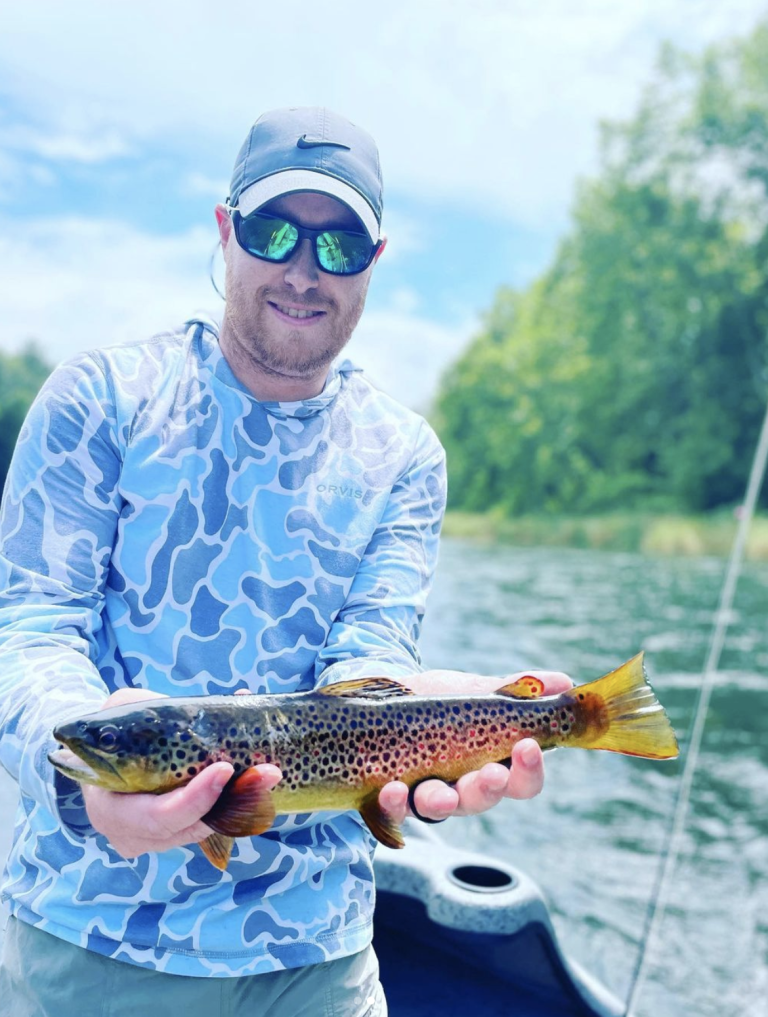
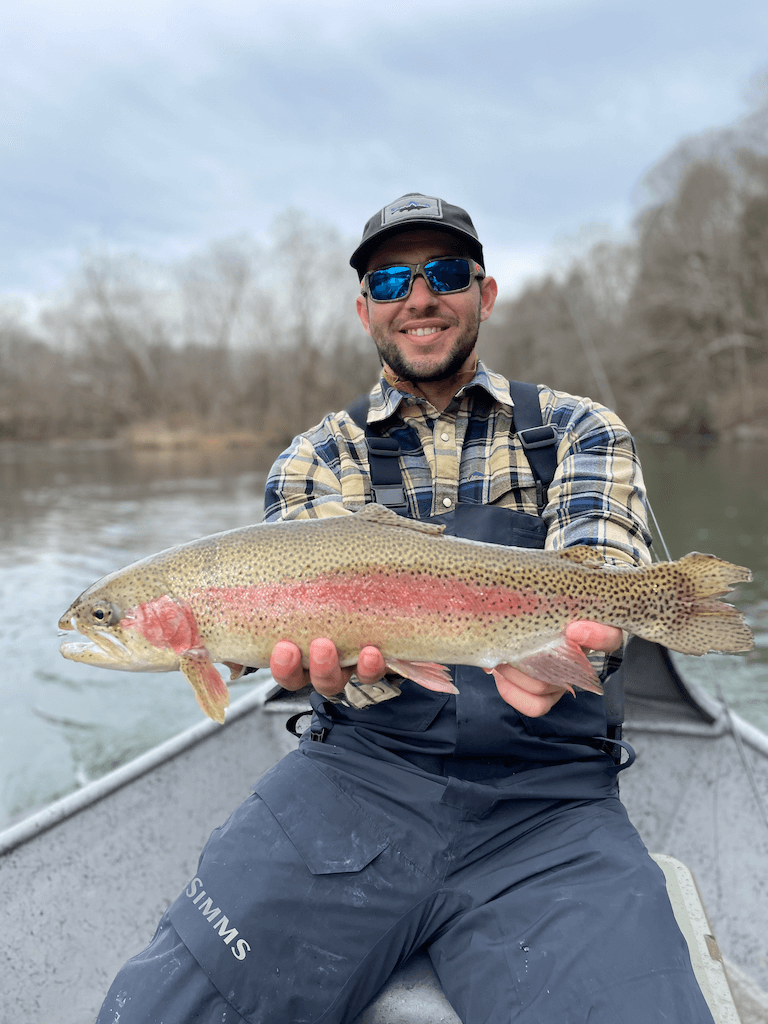
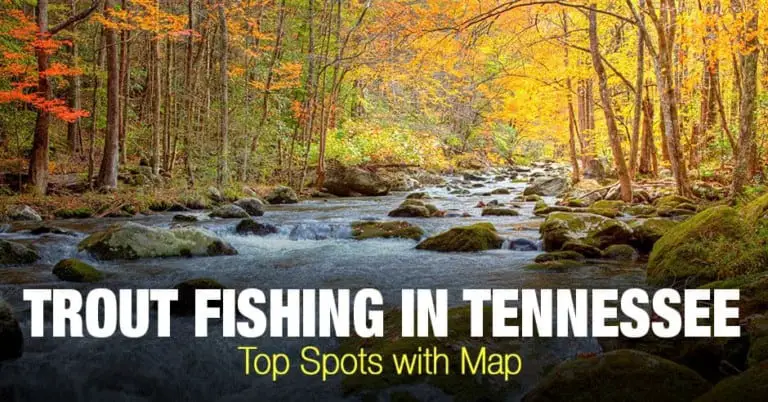
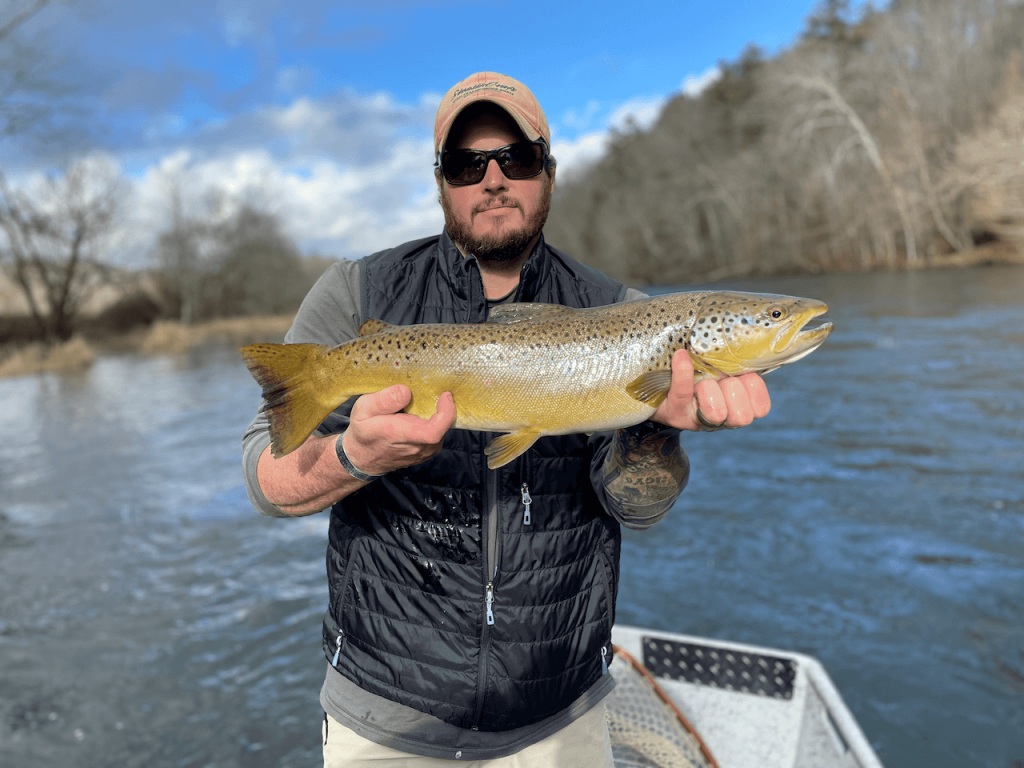
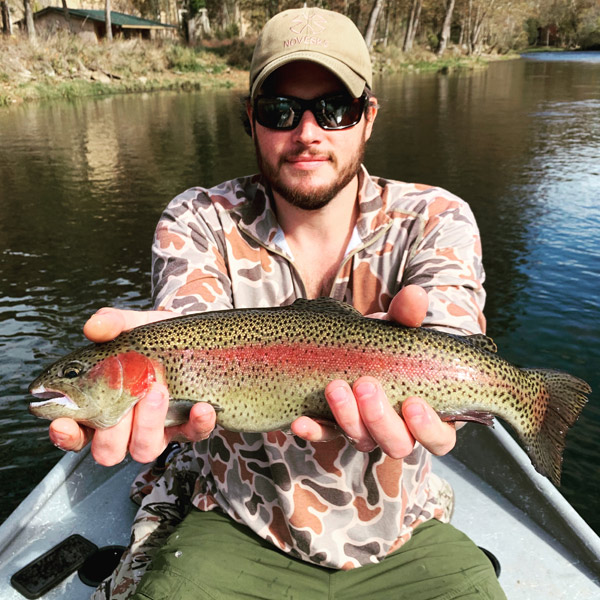
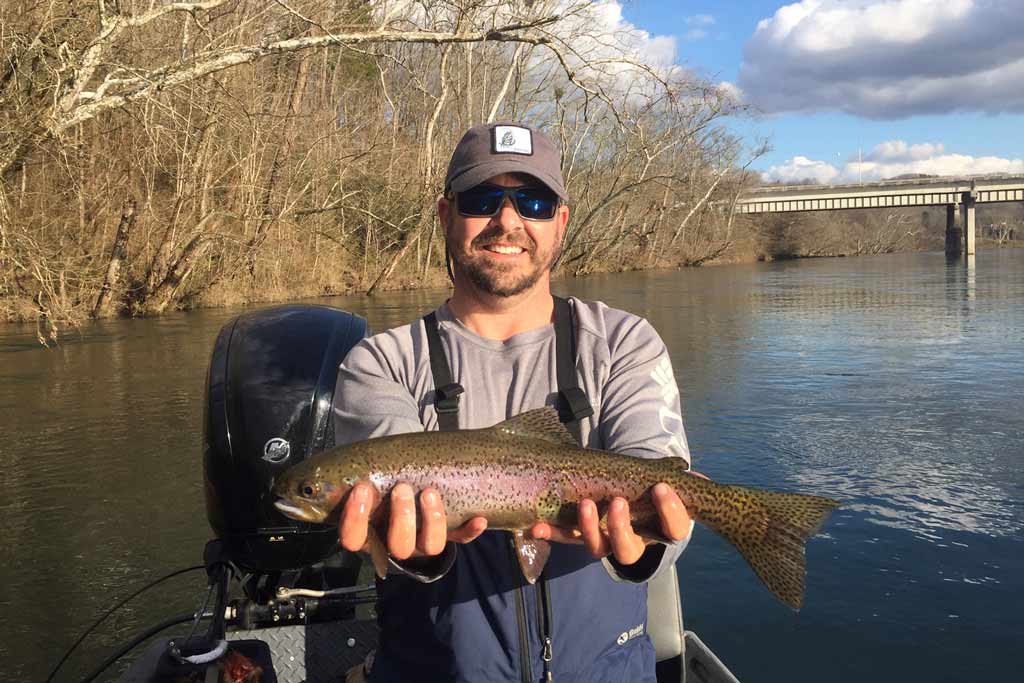
)
Closure
Thus, we hope this article has provided valuable insights into A Comprehensive Guide to Trout Fishing in Tennessee: Navigating the Waters of Angling Paradise. We hope you find this article informative and beneficial. See you in our next article!
